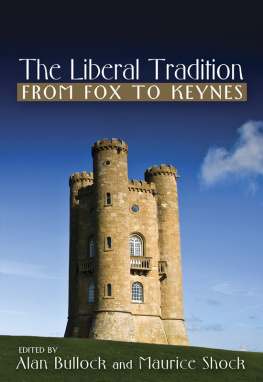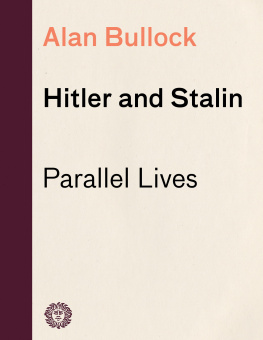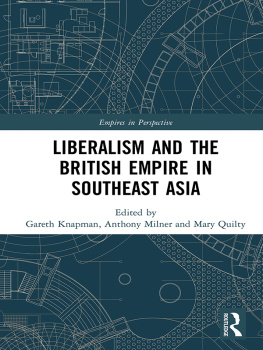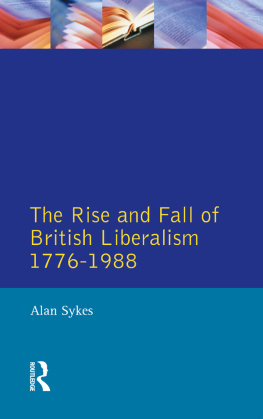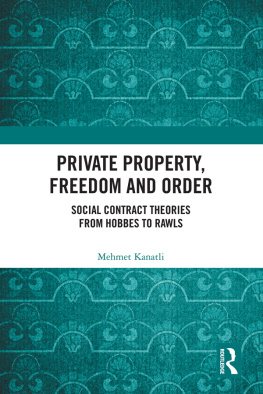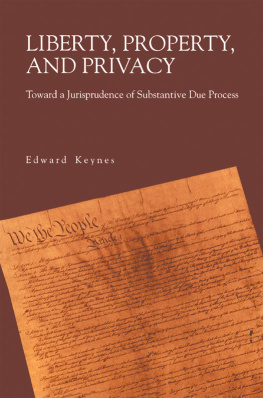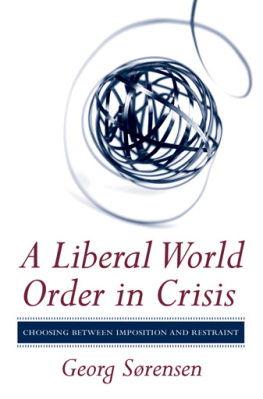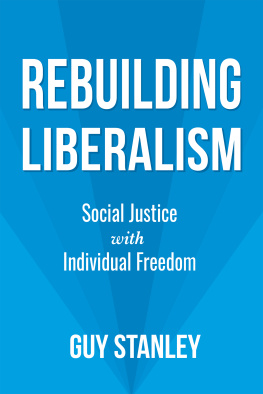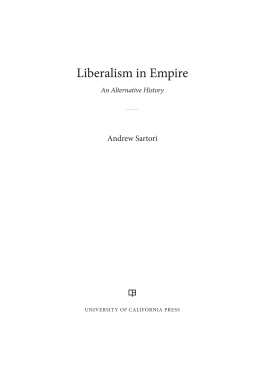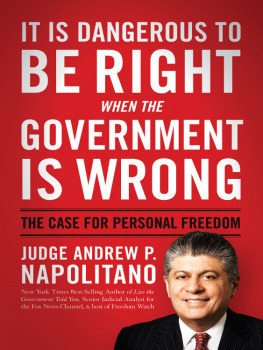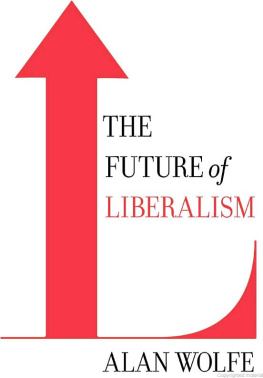THE LIBERAL TRADITION
FROM FOX TO KEYNES
EDITED BY
ALAN BULLOCK
CENSOR OF ST. CATHERINES SOCIETY, OXFORD
AND
MAURICE SHOCK
FELLOW OF UNIVERSITY COLLEGE, OXFORD

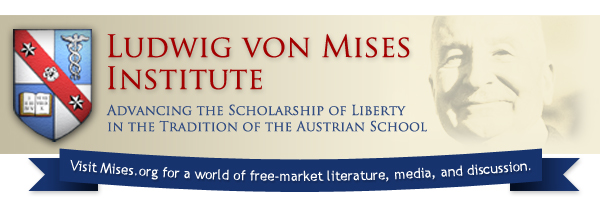
1957 by New York University
Library of Congress catalogue card number: 57 5967
First published in 1956
by A. and C. Black Ltd., London
First United States edition 1957
Manufactured in the United States of America
GENERAL PREFACE
ONE of the unique contributions the English people have made to civilisation has been the discussion of political issues which has been going on in Britain continuously since the 16th century. It is a discussion which has ranged over the whole field of political thought and experience. It began with the relation of the State to the individual in religious matters; for the last half century it has been increasingly pre-occupied with the relation of the State to the individual in economic matters. The strength of the tradition, the right of rebellion; the demand for equality, the rights of property; the place of justice and morality in foreign policy, the relations between Britain and her overseas territories; the claims of minorities, the value of civil and religious freedom; the rule of law, the Rule of the Saints; the rights of the individual, the claims of the Stateall these have been the subject of passionate and incessant argument among Englishmen since the time of the Reformation.
This debate has never been of an academic character. There are, it is true, masterpieces of political philosophy in the English language: Hobbes Leviathan is an obvious example. But the true character of this debate has been empirical: the discussion of particular and practical issues, in the course of which a clash of principle and attitude is brought out, but in which the element of abstract thought is always kept in relation to an immediate and actual situation. The riches of British political thought are to be found less in the philosophers discussions of terms like The State, freedom and obligationimportant though these arethan in the writings and speeches on contemporary political issues of men like Lilburne, Locke, Bolingbroke, Burke, Tom Paine, Fox, the Mills, Cobden, Disraeli, Gladstone and the Fabians. No other literature in the world is so rich in political pamphlets as English, and the pages of Hansard are a mine not only for the historian of political events but also for the historian of political ideas. It is in the discussions provoked by the major crises in British historythe Civil War, the Revolt of the American Colonies, the Reform Bills of the 19th centurythat our political ideas have been hammered out.
One unfortunate result of this is that much of the material which anyone interested in English political ideas needs to read is inaccessible. Pamphlets and speeches are often only to be found in contemporary publications hidden away on the more obscure shelves of the big libraries. Even when the reader has secured a volume of 17th-century pamphlets or of Gladstones speeches, he may well be deterred by the large amount of now irrelevant detail or polemic through which he has to make his way before striking the characteristic ideas and assumptions of the writer or speaker. It is to meet the need of the reader who is interested in English political ideas but has neither the time, the patience, nor perhaps the opportunity, to read through a library of books to find the material he is looking for that this present series of books is designed. Its aim is to present from sources of the most varied kind, books, pamphlets, speeches, letters, newspapers, a selection of original material illustrating the different facets of Englishmens discussion of politics. Each volume will include an introductory essay by the editor together with sufficient explanation of the circumstances to make each extract intelligible. In some cases it has seemed best to make a particular crisis the focus of the discussion: this has been done with Mr. Beloffs volume, The Debate on the American Revolution, and with Dr. Cobbans The Debate on the French Revolution. In other cases the development of a particular view has been traced over a long period of years: this is the case, for instance, with the volumes on the Conservative, the Liberal, and the Radical Traditions. In a third case, that of the volume on Britain and Europe, our idea has been to single out a recurrent problem in English politics and trace its discussion from Pitts day to our own.
To begin with, we have concentrated our attention on the period between the Revolt of the American Colonies and the Great War of 1914. When that has been covered we hope to treat the earlier period in the same way, notably the political discussions of the 17th century.
We do not believe that any one of these facets can be singled out and labelled as in some particular way more characteristic than others of the British Political Tradition: the rebels have as great a part in our political tradition as those who have argued the case for the claims of prescription and established authority. The wealth of that tradition is that it includes Lilburne, Tom Paine, Richard Cobden and the Early English Socialists as well as Locke, Burke and Disraeli.
We have tried to hold the balance even. In no sense do we wish to act as propagandists or advocates. While each editor has been given complete freedom to present his material as he wishes, we have been concerned as general editors to see that equal representation is given to different views in the series as a whole. Only in this way, we believe, is it possible to display the British Political Tradition in its unequalled richness, as built up out of a variety of political opinions and out of the clash between them, as the great and continuous debate of the nation to which, in its very nature, there can be no end.
ALAN BULLOCK
F. W. DEAKIN
Oxford
Contents
ACKNOWLEDGEMENTS
WE would thank the following authors and owners of copyright material for their kind permission to use extracts from these works:
Messrs George Allen & Unwin Ltd (Imperialism by J. A. Hobson; Speeches on Foreign Affairs by Sir Edward Grey edited by P. Knaplund; The Liberal Way).
Messrs Ernest Benn Ltd (Britains Industrial Future: The Report of the Liberal Industrial Enquiry).
Sir Felix Brunner, Bt (speech by Sir John Brunner, Bt).
Mrs Mary Carnegie (speeches by Mr Joseph Chamberlain published in The Radical Platform).
Messrs Constable & Co. Ltd (The Life of Sir William Harcourt by A. G. Gardiner).
Mrs L. Barbara Hammond (contribution by J. L. Hammond to Liberalism and the Empire).
Messrs Rupert Hart-Davis Ltd (Essays in Persuasion by J. M. Keynes).
The Executors of the late Earl Lloyd George of Dwyfor (speeches and Better Times).
Trustees of the Xlth Marquess of Lothian (The Outlawry of War by Philip Kerr, Xlth Marquess of Lothian).
Messrs Macmillan & Co. Ltd (The Economic Consequences of the Peace by J. M. Keynes).
The Manchester Guardian (leading articles).
Messrs Frederick Muller Ltd (The Making of the Manchester Guardian by C. P. Scott).
Dr Gilbert Murray, O.M. and Oxford University Press (The League of Nations and the Democratic Idea).

